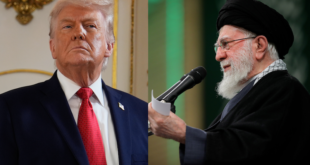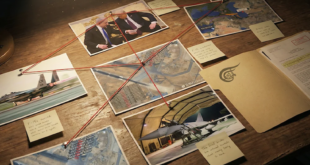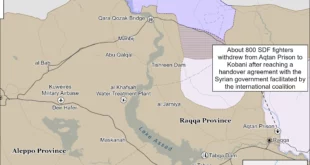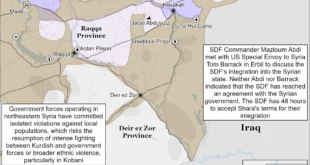 TEHRAN (FNA)- An Iranian lawmaker blamed big powers for provoking the Persian Gulf Arab states to use rude literature against Iran.
TEHRAN (FNA)- An Iranian lawmaker blamed big powers for provoking the Persian Gulf Arab states to use rude literature against Iran.
“Making use of rude literature against Iran’s sovereignty over its three Persian Gulf islands is taking place under the pressure of big powers,” Rapporteur of the Iranian parliament’s National Security and Foreign Policy Commission Kazem Jalali said here on Saturday.
“Such mischiefs are at the behest of certain big powers aimed at creating discord in the Muslim world and misleading the public opinion from key international issues.”
Jalali told the Islamic republic news agency that Iran was ready to dispel what he termed “probable ambiguities” over its ownership of the islands.
The remarks followed harsh statements by Abdul Rahman al Attiya, the secretary general of the Persian Gulf Cooperation Council, who condemned Iran last week, telling Abu Dhabi TV that Tehran’s failure to respond to the PGCC’s denunciation of construction activities on the island reflected an “absence of a constructive vision for neighborly relations”.
Iran said on Aug 11 that it had erected two marine offices on Abu Musa island, saying that the new buildings were a marine rescue centre and a registration office for ships and sailors. It had been nearly 10 years since Iran had carried out any significant construction work on the island.
Iran has always underscored that the three islands of Abu Musa, the Greater and Lesser Tunbs are indispensible parts of its territory.
“Tehran considers the United Arab Emirates as its own brotherly and friendly country,” Jalali said.
He insisted that “certain mischief resulted from the influence of big and extraterritorial powers” and continued to say that Emirati officials were resolute on reaching a settlement to the existing dispute.
Jalali reminded that international documents proved Iran’s ownership of the islands and said “bullying powers” had been exploiting the dispute to “sow discord among regional and the Muslim nations”.
“Iran powerfully safeguards its national borders and its territorial integrity and does not permit any country to violate its borders,” he said.
Iran’s standoff with the West over its nuclear program has incited certain regional states to misuse the opportunity to defy international accords and expand their territory, speculating that they can win western support against Iran. Some states have even dared to forge a new name or, at least, exclude the word Persian from the everlastingly Persian Gulf.
International documents clearly show that the three islands, which were historically owned by Iran, temporarily fell to British control in 1903. The islands were returned to Iran based on an agreement in 1971 before the UAE was born.
Iran has repeatedly declared that its ownership of the three islands is unquestionable.
Under international law, no state can defy any agreements, which came into being before its establishment.
Although the UAE continues to make territorial claims against the Islamic Republic despite historical evidence and international regulations, Tehran has remained open to negotiations over the issue.
 Eurasia Press & News
Eurasia Press & News



